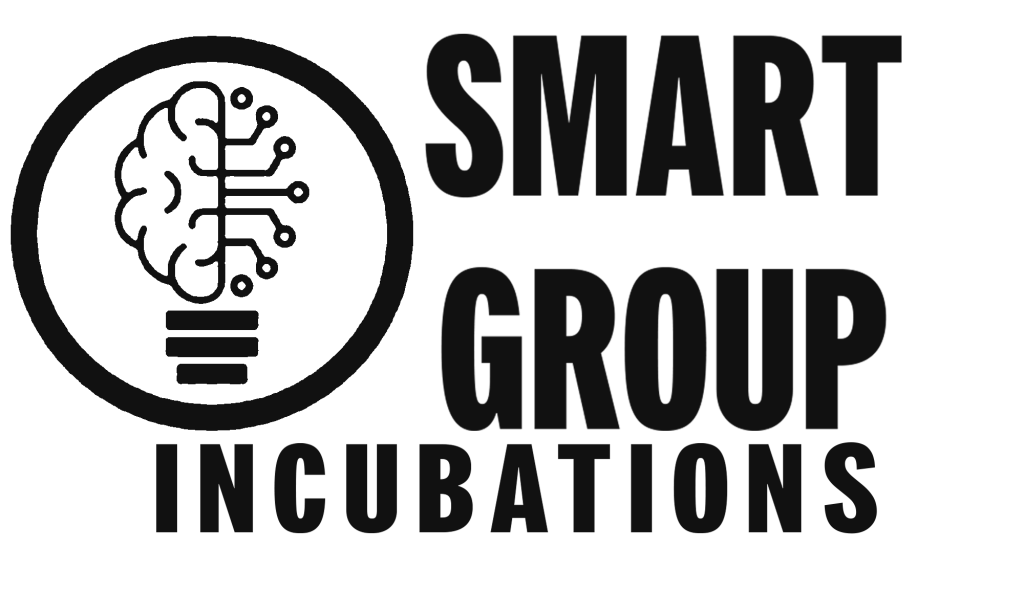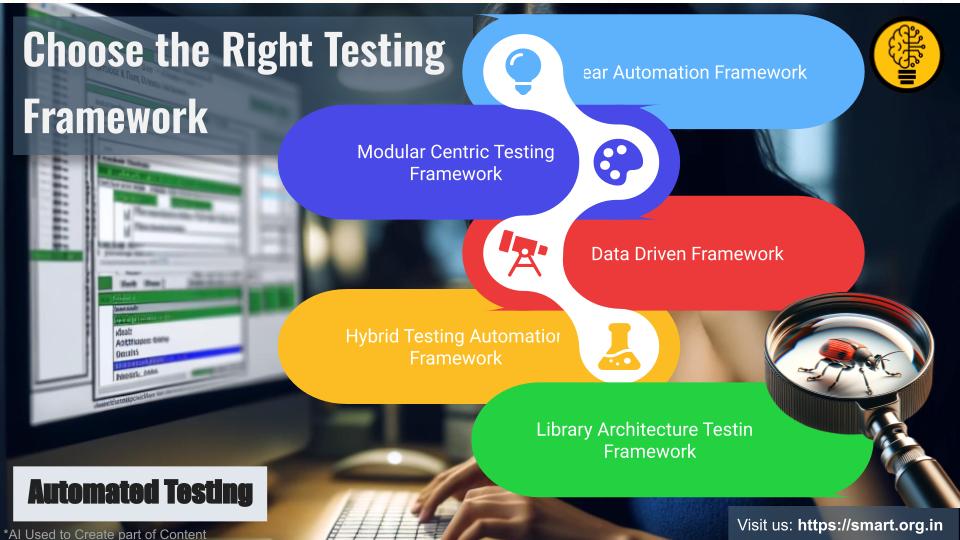Choosing the right testing framework is crucial for the success of any software project. Whether you are a CTO, CIO, project manager, or entrepreneur, the decision impacts the quality, efficiency, and overall success of your project. Here’s how to make the right choice.
Understanding Your Project Needs
Before diving into the specifics, it’s essential to understand the unique needs of your project. Consider the following:
- Project Size and Complexity: Larger, more complex projects may require robust frameworks with extensive features.
- Technology Stack: Ensure the framework supports your technology stack, including programming languages and platforms.
- Team Expertise: Evaluate your team’s familiarity with potential frameworks.
Key Factors to Consider
Here are the key factors to keep in mind while choosing a testing framework:
1. Type of Testing
Different projects require different types of testing. Determine which types are most critical for your project:
- Unit Testing: For testing individual components or functions.
- Integration Testing: To ensure different modules work together.
- Functional Testing: To verify the functionality meets requirements.
- Performance Testing: To assess the system’s performance under load.
- Security Testing: To identify vulnerabilities.
2. Framework Features
Look for features that will benefit your project:
- Ease of Use: A user-friendly framework can significantly speed up the testing process.
- Integration Capabilities: Ensure it integrates well with other tools you are using.
- Reporting: Good reporting features help track and analyze test results effectively.
- Community and Support: A strong community and support system can be invaluable for troubleshooting.
3. Scalability
As your project grows, your testing needs will evolve. Choose a framework that can scale with your project:
- Parallel Testing: Ability to run multiple tests simultaneously.
- Distributed Testing: Capability to execute tests across various machines.
4. Cost
Consider the total cost of ownership:
- Initial Cost: Licensing fees, if any.
- Maintenance Cost: Ongoing support and updates.
- Training Cost: Training your team to use the framework.
Popular Testing Frameworks
Let’s look at some popular testing frameworks and their strengths:
1. Selenium
- Strengths: Open-source, supports multiple browsers and languages, extensive community support.
- Best For: Web application testing.
2. JUnit/TestNG
- Strengths: Integration with Java, easy to use, excellent for unit testing.
- Best For: Java applications.
3. Appium
- Strengths: Open-source, supports multiple platforms (iOS, Android), good for mobile app testing.
- Best For: Mobile applications.
4. Cypress
- Strengths: Fast, real-time reloads, excellent for end-to-end testing.
- Best For: JavaScript applications.
5. TestCafe
- Strengths: No browser plugins required, supports ES6, parallel test execution.
- Best For: Web applications.
Case Study: Smart Group India
Smart Group India is a leading provider of testing services for startups and technology companies. They specialize in both manual testing and automation tools. Here’s how they help companies choose the right framework:
Understanding Client Needs
Smart Group India begins by understanding the client’s project requirements. This involves detailed discussions to determine the most critical aspects of the project.
Customized Recommendations
Based on the client’s needs, they recommend frameworks that align with the project’s technology stack, testing requirements, and budget.
Implementation and Support
Smart Group India not only helps in selecting the right framework but also assists in implementing it. They provide training and ongoing support to ensure smooth operation.
Making the Final Decision
Once you have a shortlist of frameworks, consider the following steps to make the final decision:
1. Pilot Testing
Conduct a pilot test using the shortlisted frameworks. This will give you hands-on experience and help you evaluate their performance in your environment.
2. Gather Feedback
Collect feedback from your team. Their input is crucial since they will be using the framework daily.
3. Evaluate Long-Term Viability
Consider the long-term viability of the framework. Is it actively maintained? Does it have a large user base? These factors are essential for future-proofing your project.
Choosing the right testing framework is a strategic decision that can significantly impact your project’s success. By understanding your needs, evaluating key factors, and learning from experts like Smart Group India, you can make an informed choice. Remember, the right framework will not only enhance your testing process but also contribute to the overall quality and reliability of your software.
Smart Group India is here to help startups and technology companies test their products with precision and efficiency, using both manual testing and advanced automation tools. Make the right choice today and ensure the success of your project.


In conclusion, we at Smart Group hope this article has provided you with valuable insights and actionable strategies. Smart Group India Incubation provides a nurturing environment for startups, offering comprehensive support and resources to foster growth and innovation. With access to expert mentorship, state-of-the-art infrastructure, and networking opportunities, startups can thrive in their journey from ideation to market launch. Explore our services in DevOps consultancy, IoT solutions, and cybersecurity to leverage cutting-edge technology for your business success. Join us to embark on a transformative journey towards entrepreneurial excellence. For further information and a deeper dive into this topic, we encourage you to explore the following resources. These links offer a wealth of knowledge and expert opinions that can enhance your understanding and assist you in applying these concepts effectively.
Startup Policies Govt. Of India
Startup News Sites
Publications
Research Papers